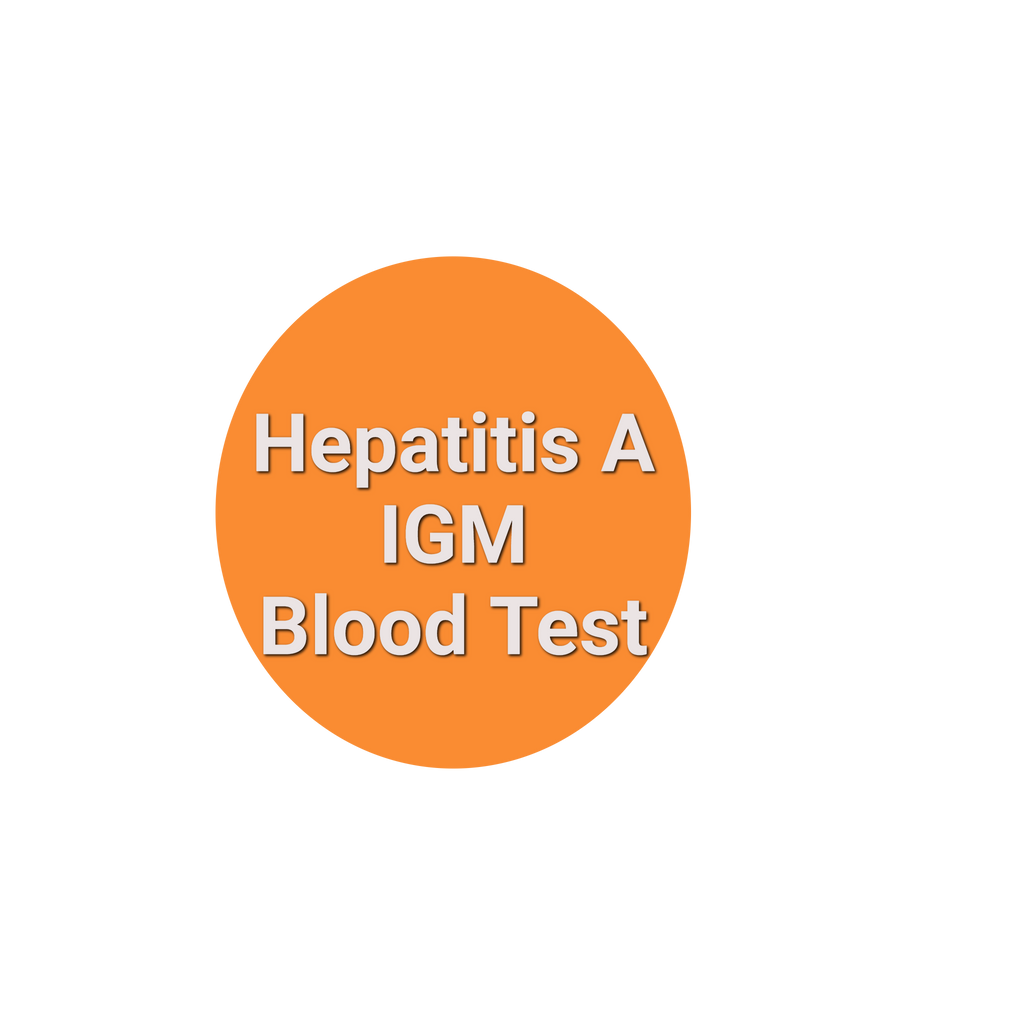

Hepatitis A IGM Blood Test for Minors
$ 93.00
This test is used to screen for recent exposure to the Hepatitis A virus. Hep A is a liver infection which is typically spread through exposure to contaminated fecal matter.
- Some of the common ways Hep A is spread include through contaminated drinking water
- Eating food prepared by someone who has not properly washed their hands
- Eating produce that has not been properly washed
- Eating seafood raised in contaminated water
- Through some forms of sexual contact
- Exposure to infected blood
This test looks for antibodies which develop shortly after infection. IgM antibodies are usually detectable 3-4 weeks after exposure and fade out after a couple of months.
After recovery, IgG antibodies develop and often provide immunity from future infections.
Hepatitis A is typically associated with flu-like symptoms. Common symptoms include nausea, vomiting, diarrhea, abdominal pain, loss of appetite, fever, fatigue, and joint pain. In some cases, especially in younger children, Hep A may show no symptoms.
Results of hepatitis testing may indicate the following:
| HAV IgM | HAV IgG or Total Antibody (IgM and IgG) | Results Indicate |
| Positive | Not Performed | Acute or recent HAV infection |
| Negative | Positive | No active infection but previous HAV exposure; has developed immunity to HAV or recently vaccinated for HAV. Need both test for proof of immunity. |
| Not Performed | Positive | Has been exposed to HAV but does not rule out acute infection |
| Not Performed | Negative | No current or previous HAV infection; vaccine may be recommended if at risk |
A total antibody test detects both IgM and IgG antibodies but does not distinguish between them.
